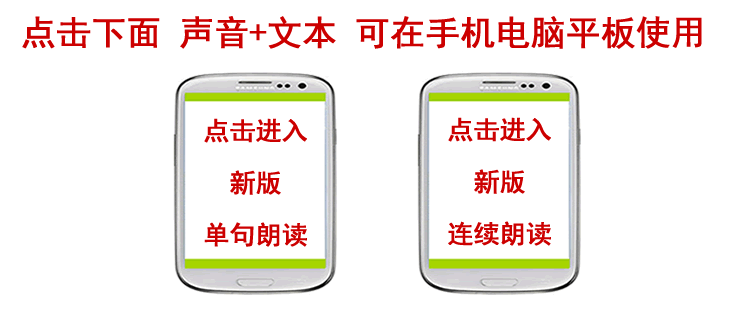横滨英语 第 11 课:Kabuki Kabuki, a representative Japanese drama form, had its start in the Edo period (1603 to 1867). It originated with a woman named Okuni or Izumo in the 17th century. At that time, women were prohibited from performing in dramas in public, and so all the roles were played by men. 歌舞伎是日本的代表戏剧。始于江沪时代 (1603 ~ 1867)。它的鼻祖是17世纪一位叫出去阿国的女性。那时禁止女性在公众面前表演戏剧,所以所有的角色都由男性扮演。
The kabuki actors wear traditional costumes, and sing in addition to acting. Dramas are based on events that took place before the middle ages, everyday life in the Edo era, and events involving the feudal lords of the Edo period. 歌舞伎演员身穿传统戏服,除了表演之外还要唱歌。歌舞伎的题材来自中世以前发生的事件、江户时代的庶民生活以及发生在江户时候各个大名藩中的事情。
It was originally entertainment for the masses. Today, kabuki performances are held at specialized theaters called Kabuki-za, mainly for the more cultured of society. For this reason, most of Japan's younger generations do not know much about kabuki. 歌舞伎本是普通百姓的娱乐活动。现在有一个叫歌舞伎座的专门剧场,很多有修养的人都喜欢到这里来看戏,所以现在大部分年轻人几乎不太了解歌舞伎。
The language of kabuki is difficult to understand, but earphones are provided to explain the story, and there are also earphone services available in English. 歌舞伎中使用的语言很难理解,但是剧场提供耳机,观众可以戴上耳机来了解故事的内容,还有英文解说。
Male actors that play the role of females are referred to as oyama. In one performance, usually lasting four or five hours, three or four stories are performed. Kabuki is popular with foreigners as well as Japanese. 歌舞伎中扮演女性角色的男演员被称作“oyama”。每场演出有3~4个故事,演出持续四五个小时,不仅日本人,连很多外国人也都喜欢看歌舞伎。

